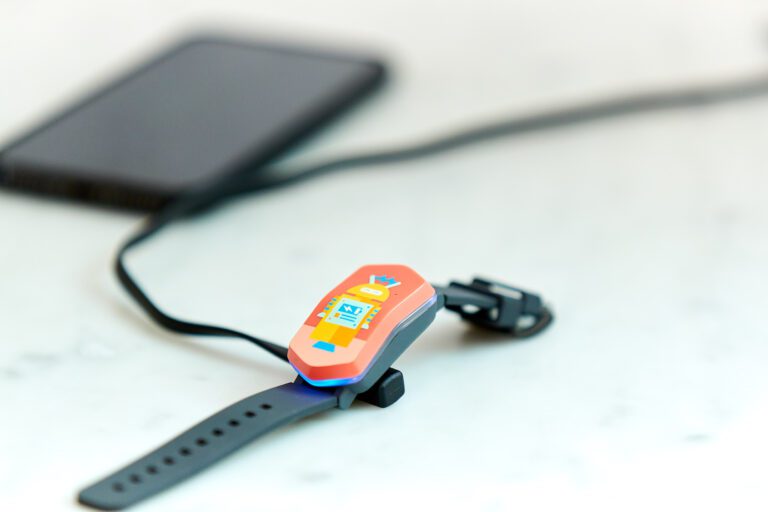Good Parents Inc. (d/b/a Kiddo), creators of the Kiddo remote patient monitoring (RPM) and continuous care platform for pediatric patients, today announced it has closed a $16 million Series A growth investment led by Clearlake Capital-backed Vive Collective™. As part of the investment, Vive’s Founder and CEO Cheryl Cheng will join the company’s board of directors.
The funding and partnership will enable Kiddo to double the size of its US and Asia teams, expand its partnerships with health systems and benefits providers, and obtain FDA device certification.
Kiddo is a connected care system for pediatrics that integrates remote patient monitoring (RPM) for children, a coaching app for parents, on-demand telehealth services, and clinical decision support for medical providers and care teams. Kiddo serves at-risk children who require proactive and continuous care due to such chronic conditions as asthma, heart disease, autism, and diabetes. Kiddo has already partnered with more than seven health systems, benefits providers and foundations including UHC/Optum, PC Health, as well as several children’s hospitals across the United States and Canada. The platform is HIPAA, HL7 and FHIR compliant, HSA/FSA eligible, and FCC, CE and IEC certified.
“Approximately 19 million US children suffer from chronic and acute conditions that need proactive care. This round of funding, along with Vive’s industry expertise, will help us reach more of these children,” said CJ Swamy, CEO and Co-Founder of Kiddo. “Costly in-person visits to primary care doctors and urgent care clinics can be avoided as long as the doctor or nurse practitioner providing telehealth services has the right context and data from an RPM system like Kiddo. Although people were eager to avoid expensive in-person visits to urgent care before the pandemic, Covid-19 has really propelled the need to efficiently and cost-effectively guide parents and pediatric patients to the optimal care pathway.”
Kiddo Chief Medical Officer Rishi Madhok, MD, explained the importance of remote patient monitoring in providing care for children with chronic or acute health conditions. “Adoption of telehealth services accelerated during the pandemic, but physicians and parents supporting children with chronic conditions still need real-time data to make decisions, such as how to adjust medications, whether the advised treatment is working, or if a patient needs to be seen immediately,” said Kiddo Chief Medical Officer Rishi Madhok, MD. “You can’t capture this data through an online visit alone, which is why the Kiddo RPM platform is an indispensable tool in managing pediatric chronic health conditions.”
Vive Collective founder Cheryl Cheng sees Kiddo, Inc. as the perfect example of the kind of company with whom Vive would like to partner. “Kiddo leverages technology to improve both access to and quality of care in pediatric health, an area that typically sees very little investment. This is exactly the kind of opportunity in which we are eager to invest,” said Cheng. “We also were drawn to the founding team’s commitment and passion. CJ understands the stress, pressure, and costs of managing a child’s chronic health condition and has made Kiddo his life’s work. We look forward to partnering with Kiddo to help accelerate its growth.”
Kiddo previously raised $9.5 million in funding from Wavemaker 360, Techstars, the Iconiq family office (Ravi Sajwan), Mojo Partners, and others. It was one of 13 start-up companies in the inaugural accelerator cohort of KidsX, sponsored by Children’s Hospital LA. Kiddo was also one of 10 companies in the 2020 batch of the United Health Care accelerator run by Techstars. Recently, Kiddo was among the top four finalists for the 2021 UCSF Health Awards in the remote diagnostic tool category and for the 2021 Bear Institute PACK Award for Remote Patient Monitoring Innovation.
